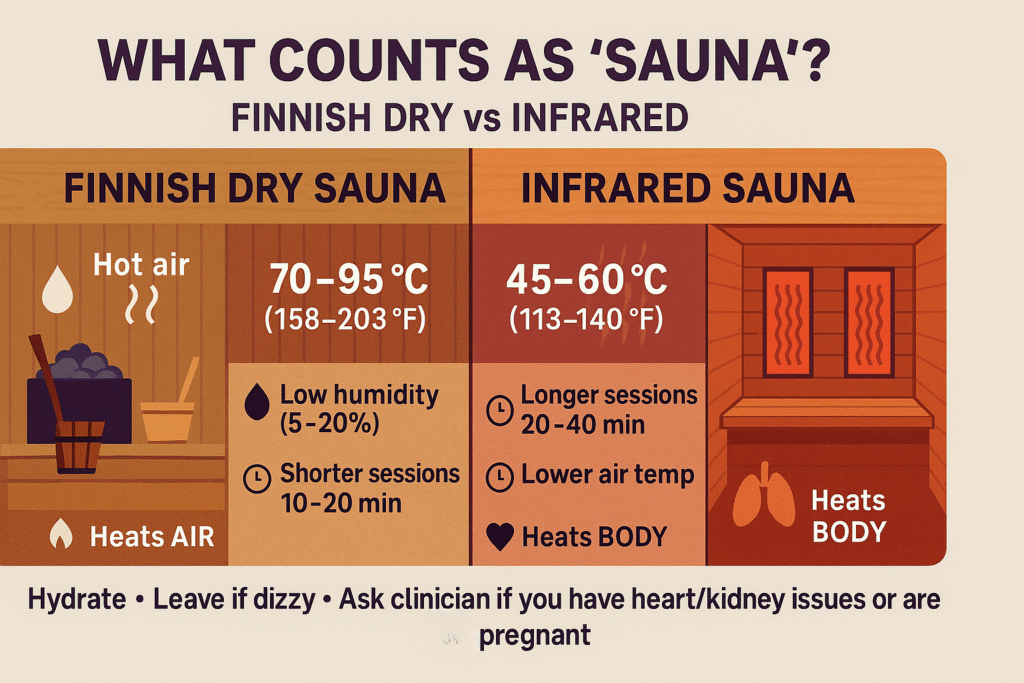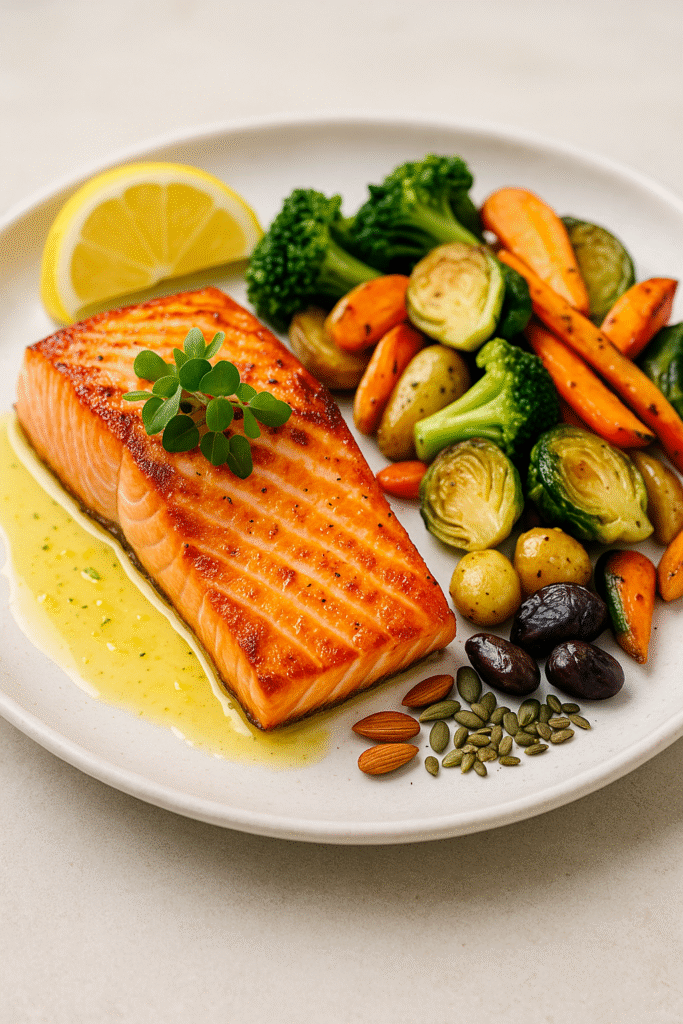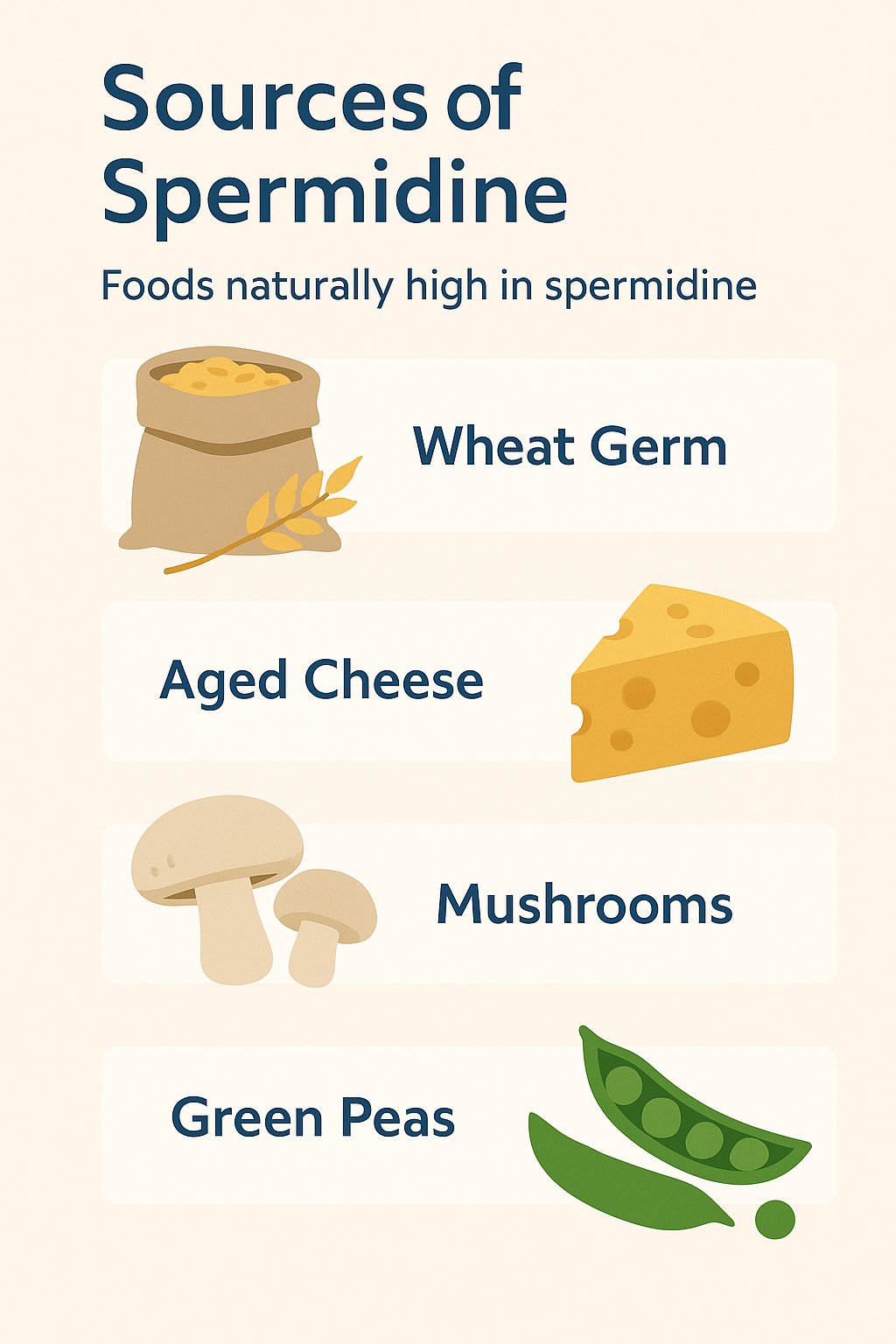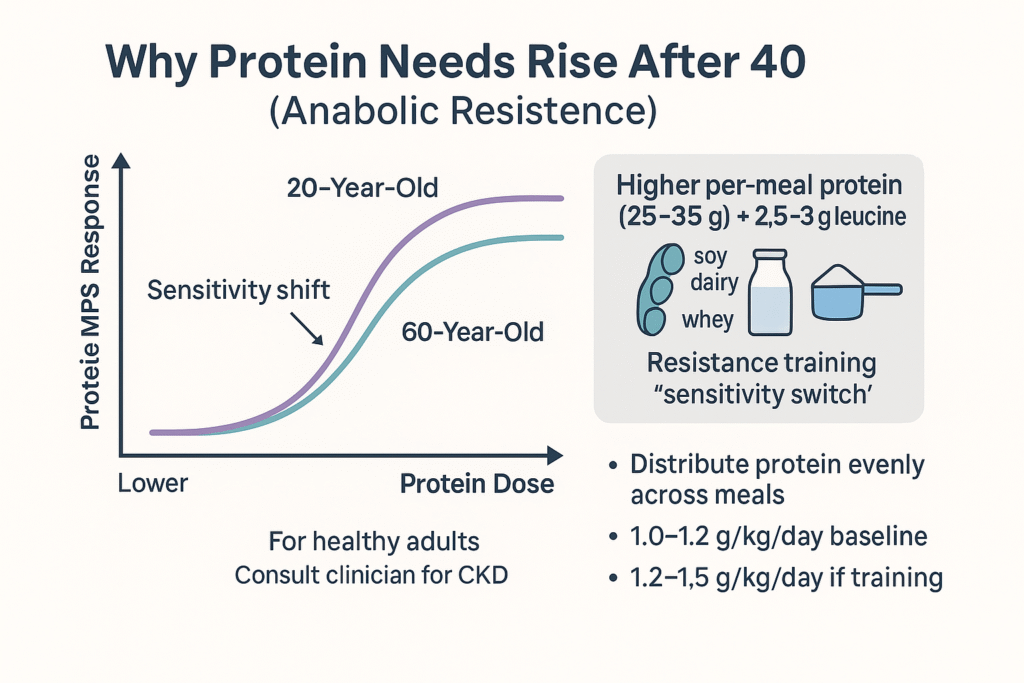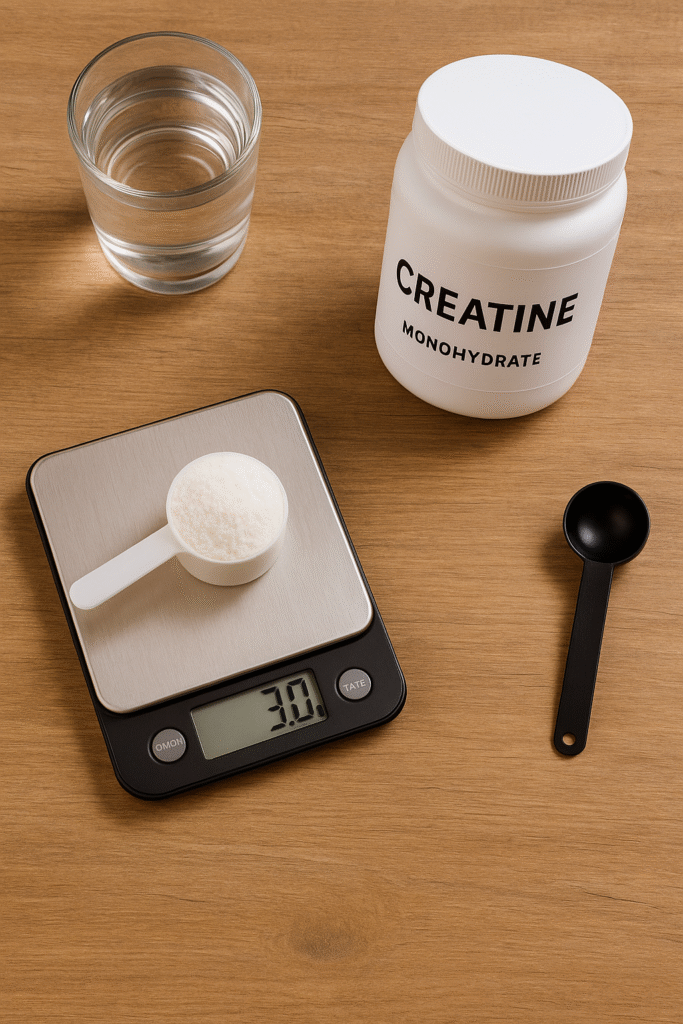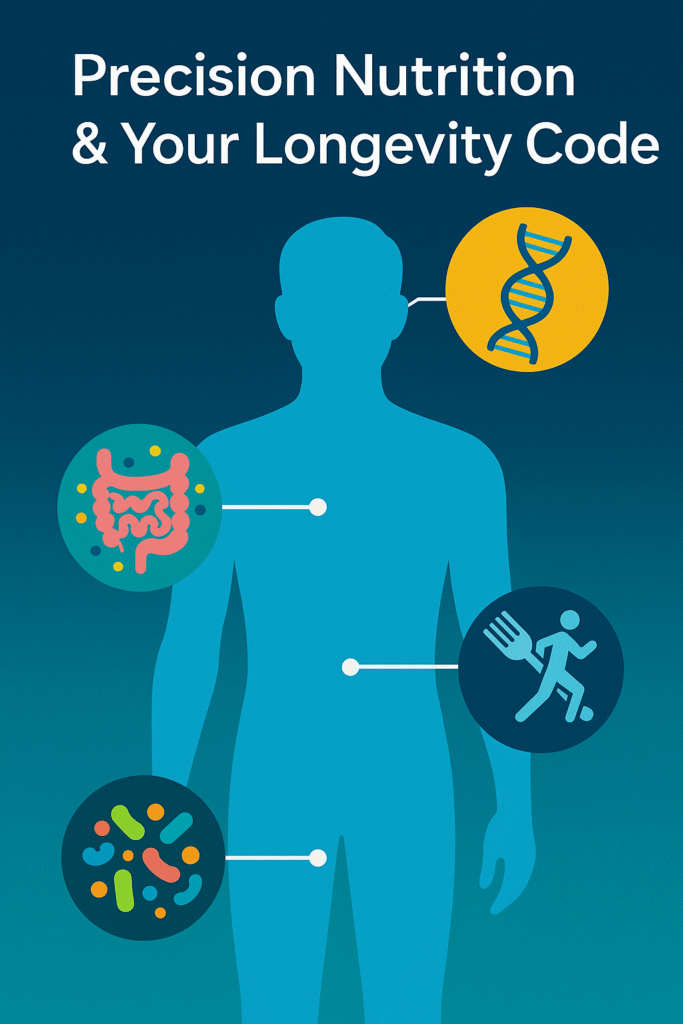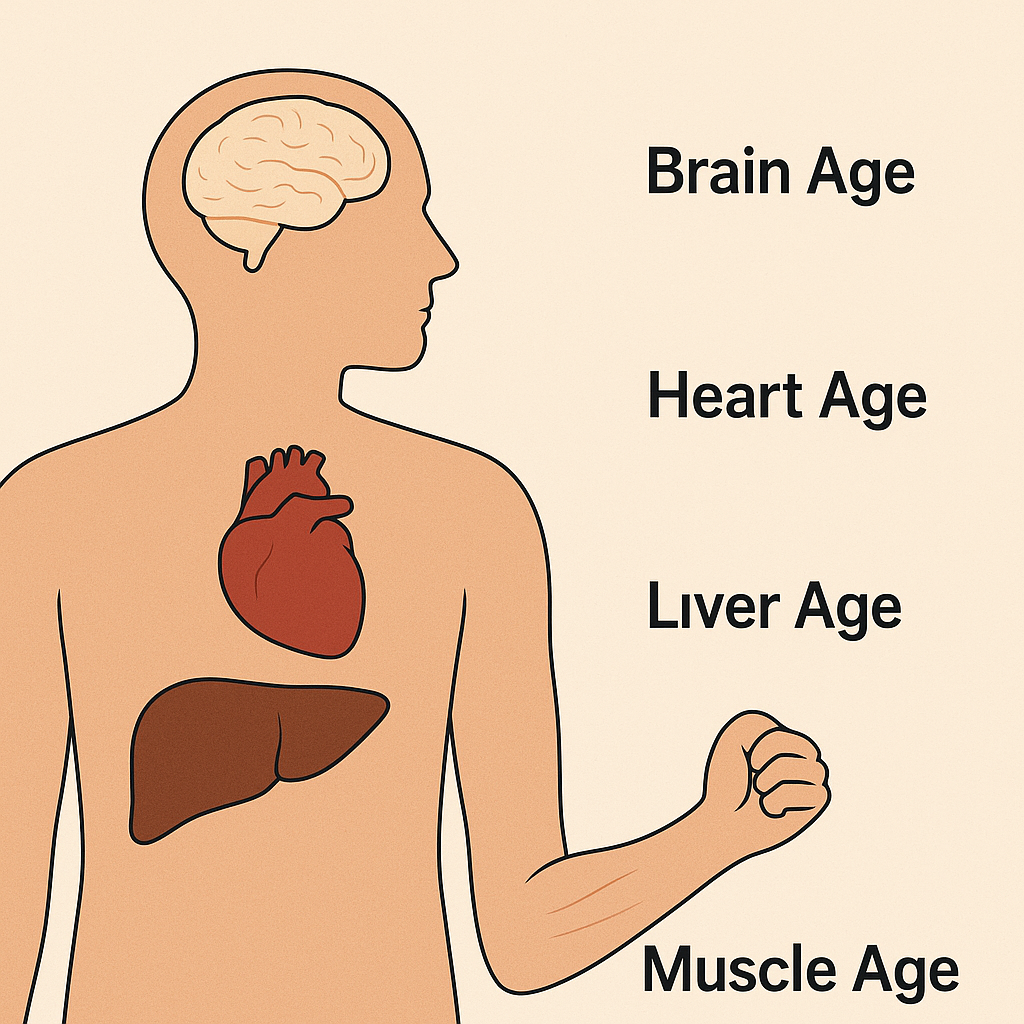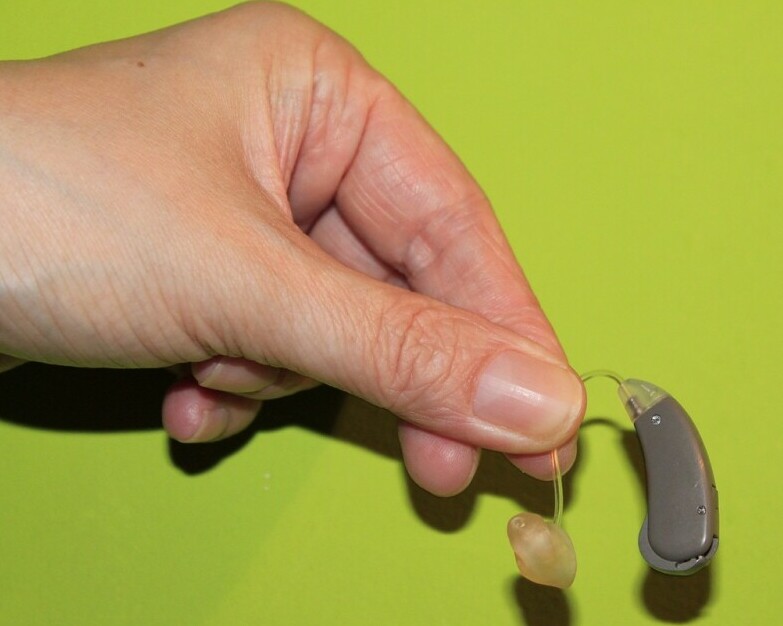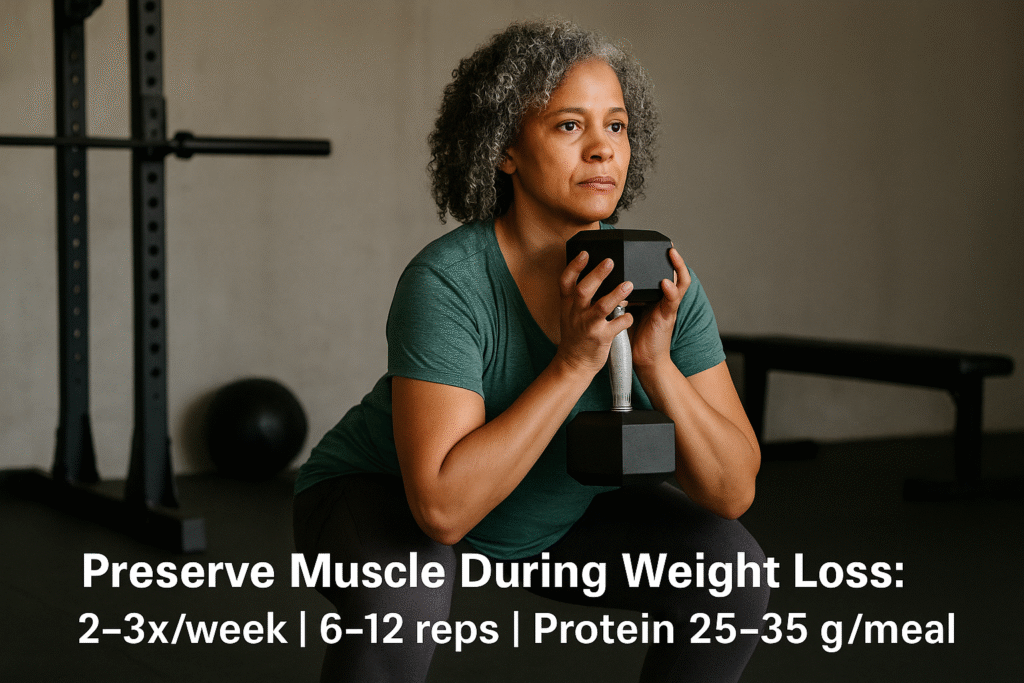We’ve all heard the saying, “Age is just a number.” But when it comes to nutrition, age might be more than just a number but a guide to the proper foods we should eat to ensure we’re fueling our bodies correctly. Over the years, our dietary needs evolve, from the playful toddler years to the golden sunset of life. The question is, are you adjusting your diet to your age and activities? Let’s embark on a foodie journey tailored to your age.

 In conclusion, the journey of life is filled with milestones and moments that define us and requires the proper diet plan to reach these milestones. And just as we wouldn’t wear the same clothes we did as teenagers or hold onto past habits that no longer serve us, it’s crucial to properly plan and adapt our diet as we age. So, take a moment. Reflect on your plate. Ask yourself, “Is this the best for my age?” If not, it’s time for a delightful culinary pivot, one that your future self will undoubtedly thank you for. Here’s to a life filled with flavorful, age-appropriate bites!
In conclusion, the journey of life is filled with milestones and moments that define us and requires the proper diet plan to reach these milestones. And just as we wouldn’t wear the same clothes we did as teenagers or hold onto past habits that no longer serve us, it’s crucial to properly plan and adapt our diet as we age. So, take a moment. Reflect on your plate. Ask yourself, “Is this the best for my age?” If not, it’s time for a delightful culinary pivot, one that your future self will undoubtedly thank you for. Here’s to a life filled with flavorful, age-appropriate bites!
How Do I Know If I Am Eating Right For My Age?
It might sound challenging to figure out if you’re eating right for your age, but there are a few key indicators:- Energy Levels: A well-adjusted diet for your age should give you enough energy to go about your day without constant fatigue or lack of energy.
- Digestive Health: If you frequently experience digestive issues, it might indicate that your diet isn’t age-appropriate or there may be a deeper issue needing further medical consultation.
- Mood Swings: Nutrition directly affects mood. A balanced diet for your age can contribute to emotional stability.
- Physical Signs: Brittle nails, hair loss, muscle loss, or persistent skin issues can sometimes be traced back to nutritional deficiencies.
Knowing The Right Food Groups
Let’s get back to fundamentals. There are key food groups everyone should focus on, but the emphasis changes with age due to the breakdown of our physical and mental health.
- Proteins: Essential for muscle building, maintenance, and repair. For children and teenagers, it supports rapid growth; for adults, it helps maintain muscle mass, especially crucial as one ages.
- Carbohydrates: This is the body’s primary energy source. While active younger individuals may need more carbs, older adults might need to focus on complex carbohydrates for sustained energy.
- Fats: From supporting brain health to being an energy reserve, healthy fats are essential and becomes more important as we age. As metabolism slows with age, it’s vital to opt for healthy fats like avocados, nuts, and olive oil.
- Vitamins & Minerals: These are crucial throughout life. Calcium and Vitamin D are important for bone health in both youngsters and older adults. Iron is crucial during the teenage years and pregnancy, while older adults might need more B12.
Finding The Right Meal Plan For My Age & Gender
Your age and gender play a significant role in your dietary needs. Different life stages coupled with the unique nutritional requirements of men and women make tailoring a meal plan essential. This should be paired with your activities and aligned to your meal plan. Here’s a general guide:
- Children & Teens: This age group is in a rapid growth phase. Boys might experience a growth spurt needing more calories, especially from proteins like chicken, tofu, or legumes. Girls, particularly during puberty, need iron-rich foods to compensate for menstrual blood loss. Think of foods like spinach, lentils, and beef. Calcium is also vital at this stage for bone development; hence, incorporating dairy products or fortified alternatives like almond milk can be beneficial.
- Adult Men: Men generally have a higher muscle mass and thus may need more protein-based calories. A physically active man in his 30s might benefit from meals like grilled salmon (healthy fats), brown rice (carbs), and steamed broccoli (fiber and vitamins).
- Adult Women: Women’s nutritional needs shift with life events. During childbearing years, folate becomes crucial to prevent neural tube defects. Green leafy veggies and beans are great choices. Post-menopause, women face a decline in estrogen, leading to bone density and muscle loss. Hence, sardines, dairy products, and fortified cereals, rich in calcium and vitamin D, become essential.
- Seniors: As metabolism slows, it’s not just about cutting calories but eating the proper amount of food to optimize nutrient intake. Seniors might benefit from protein-rich foods like quinoa or turkey to prevent muscle atrophy. Antioxidant-rich foods like blueberries can support cognitive health. Moreover, fiber, found in whole grains and fruits, becomes critical for digestive health.
Benefits of Maintaining The Proper Diet For My Age
Eating right for your age isn’t just a saying to good health—it’s a golden strategy to a vibrant life. Here’s why:- Optimal Physical Health: A tailored diet supports every stage of life, from building strong bones in childhood to maintaining muscle mass in old age.
- Mental Wellness: Proper nutrition fuels the brain, supports cognitive functions and emotional stability.
- Disease Prevention: An age-appropriate diet can reduce the risk of many age-related diseases and conditions, like osteoporosis or heart issues.
- Increased Longevity: A study in the Lancet suggests that age-specific nutrition could be linked to increased life expectancy and reduced chronic diseases (3).
 In conclusion, the journey of life is filled with milestones and moments that define us and requires the proper diet plan to reach these milestones. And just as we wouldn’t wear the same clothes we did as teenagers or hold onto past habits that no longer serve us, it’s crucial to properly plan and adapt our diet as we age. So, take a moment. Reflect on your plate. Ask yourself, “Is this the best for my age?” If not, it’s time for a delightful culinary pivot, one that your future self will undoubtedly thank you for. Here’s to a life filled with flavorful, age-appropriate bites!
In conclusion, the journey of life is filled with milestones and moments that define us and requires the proper diet plan to reach these milestones. And just as we wouldn’t wear the same clothes we did as teenagers or hold onto past habits that no longer serve us, it’s crucial to properly plan and adapt our diet as we age. So, take a moment. Reflect on your plate. Ask yourself, “Is this the best for my age?” If not, it’s time for a delightful culinary pivot, one that your future self will undoubtedly thank you for. Here’s to a life filled with flavorful, age-appropriate bites!


